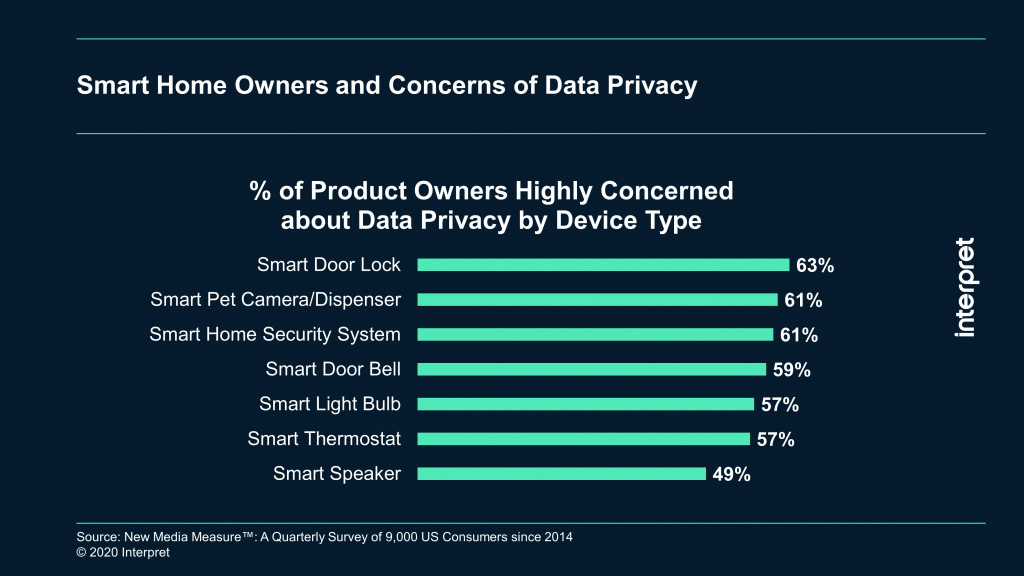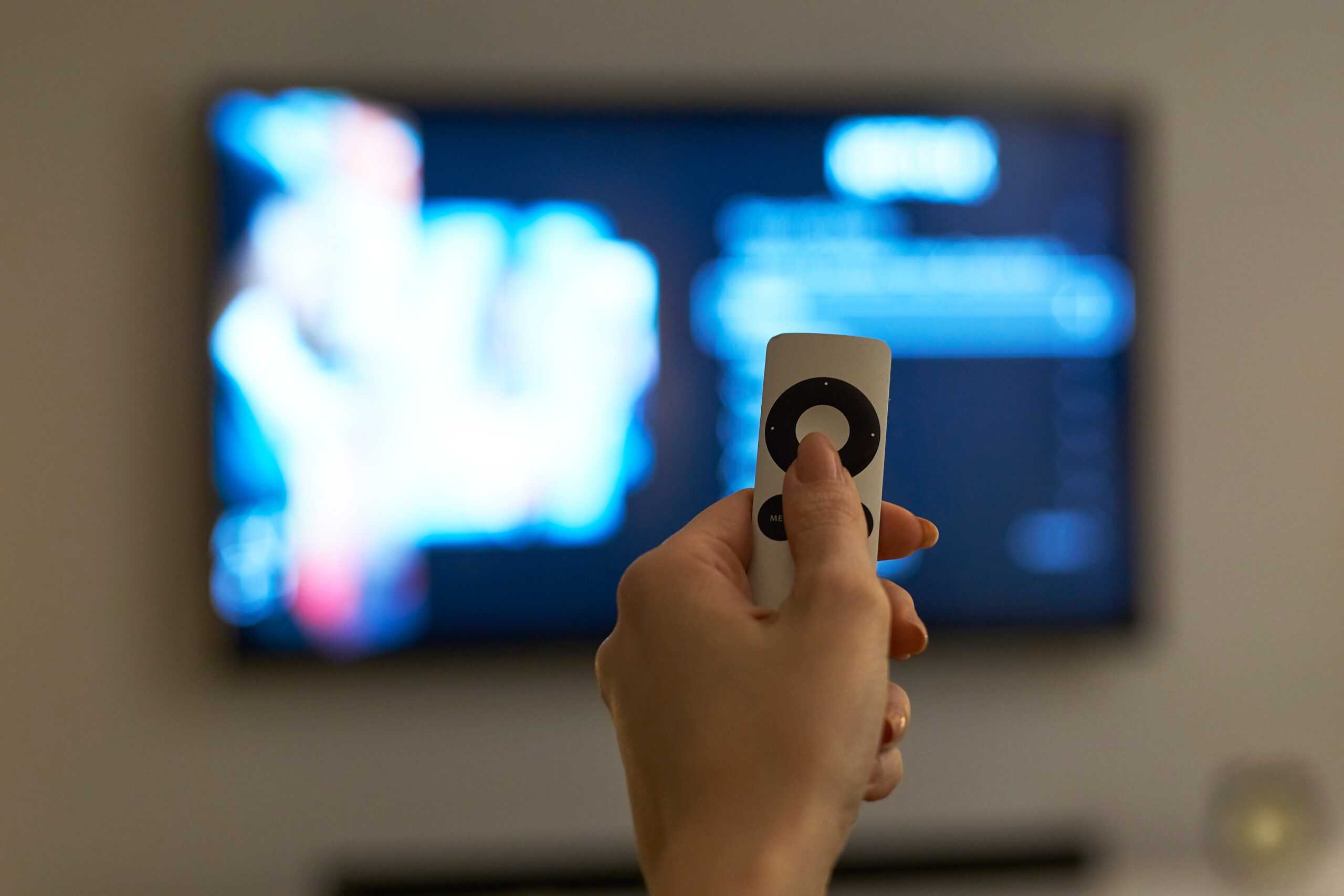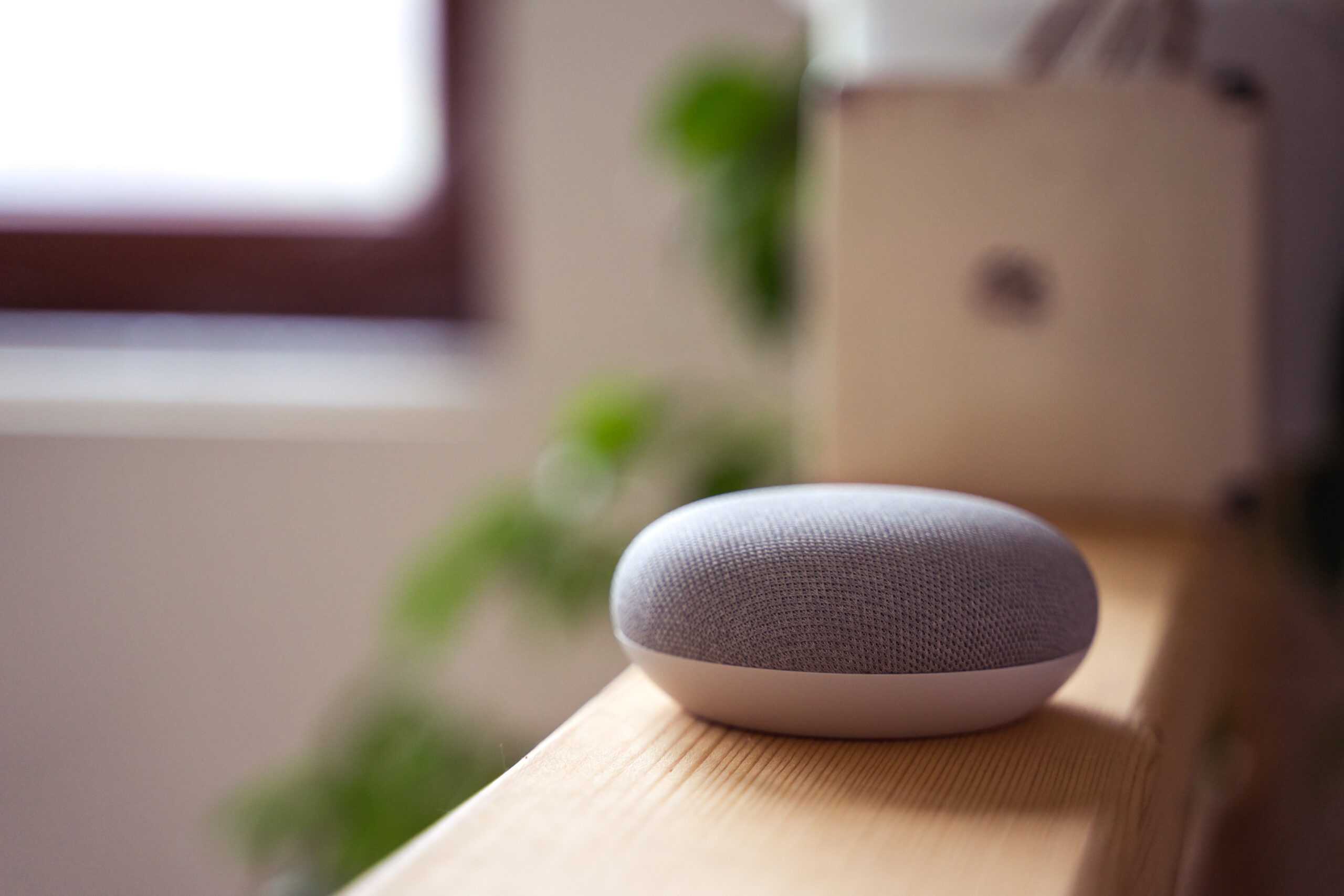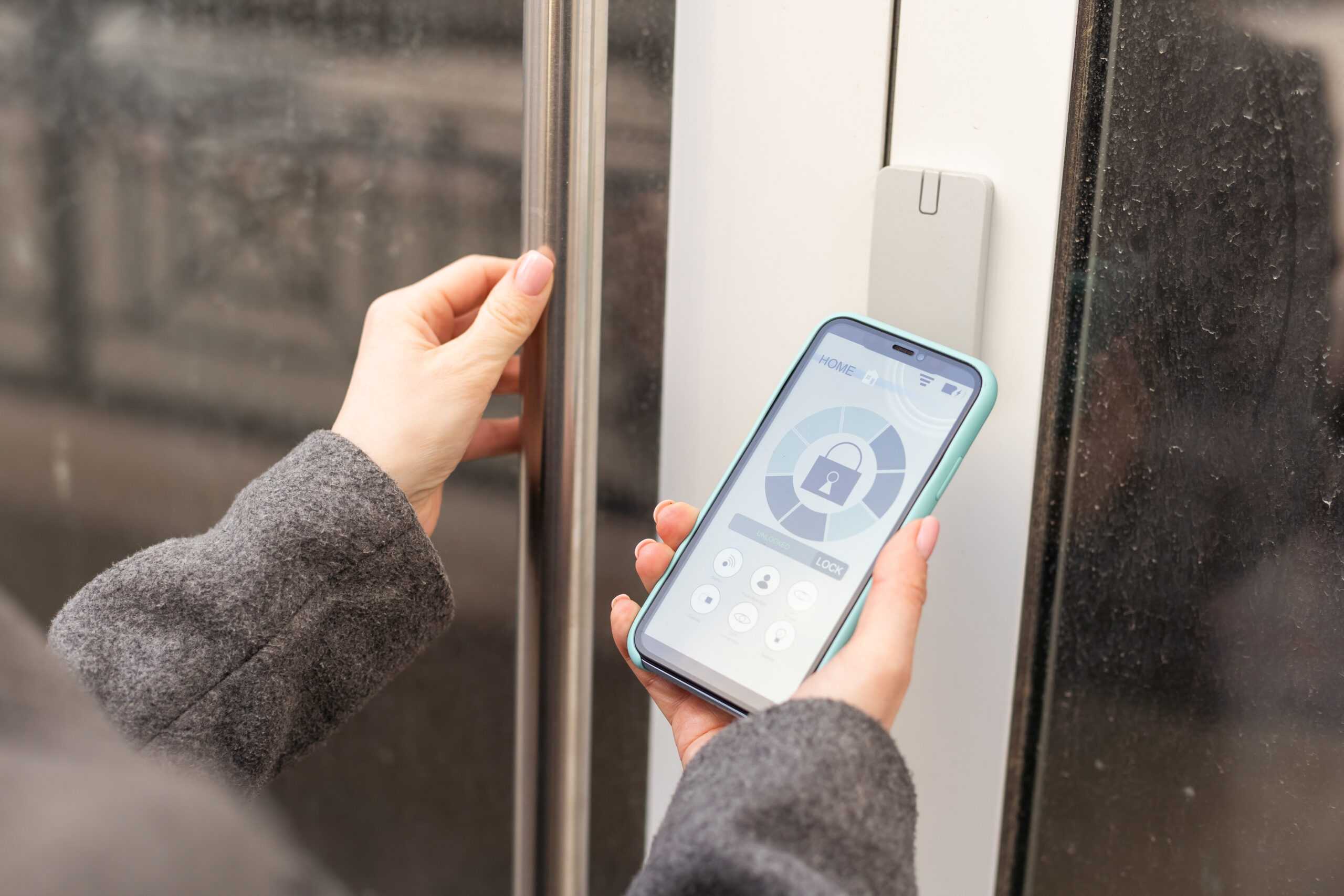Technology and privacy concerns go hand-in-hand, especially in the wake of the Facebook-Cambridge Analytica scandal. There’s an inherent understanding from many consumers that using online services or internet-enabled devices means sacrificing a certain amount of privacy. This is especially true in the smart home electronics sector. While high volume buyers express the greatest concerns about privacy, they are also, by definition, making the most smart home purchases; their concerns are not truly an impediment.
According to Interpret’s Smart Home Matrix, 62% of people who own 5 or more smart home devices are worried about their privacy, compared to just under 50% for people who only own 1-3 devices. Privacy is certainly an issue that smart home companies must pay attention to, but fears about privacy are not impeding purchases. If anything, because concerns grow with device diffusion, smart home device manufacturers should view this as an opportunity to heed consumers’ wish for a more integrated, secure ecosystem that supports interoperability.
From a product category standpoint, smart home door lock owners are the most concerned about privacy (63%), whereas only 49% of smart speaker owners indicated privacy concerns despite the fact that there have been ongoing reports about privacy issues for products like Amazon Echo and Google Assistant. In the smart home industry, key stakeholders and consumers alike must continue to assess the “cost of convenience.”







